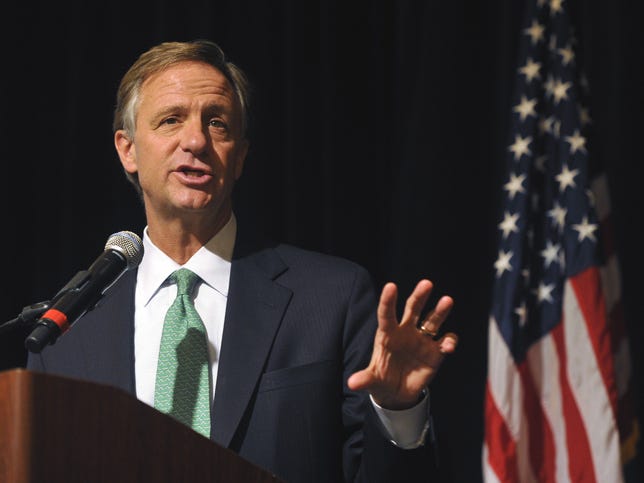Mother Teresa practiced what she preached, serving her neighbors in great need. In contrast, every year Americans feel they must leave their suffering children "next door" to fly off to an exotic land to do God's work. Personally, I try to follow these words of the person who epitomized service and devotion to God.
I say, thank you, Mother Teresa, for leaving these words of wisdom and guidance.


